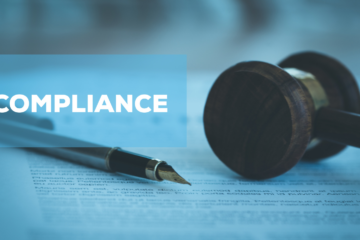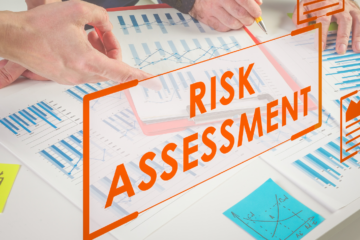Hey there, Let’s Talk About Data Privacy
Are you aware of how crucial it is to protect personal information in today’s ever-evolving data privacy landscape? A recent incident at an academy school in Essex sheds light on the importance of conducting Data Protection Impact Assessments (DPIAs) before implementing new technological solutions, especially when dealing with sensitive data subjects like children.
Why DPIAs are a Must
Did you know that DPIAs are not just a best practice but a legal requirement under the UK General Data Protection Regulation (UK GDPR)? These assessments help organisations identify, assess, and mitigate privacy risks early on to ensure compliance and safeguard individuals’ rights. Failure to conduct a DPIA can lead to hefty fines of up to £8.7 million or 2% of global annual turnover. That’s no joke!
Article 35(1) of the UK GDPR explicitly states that data controllers must perform a DPIA before processing operations that could pose a high risk to individuals’ rights and freedoms. This is especially crucial when handling sensitive data like children’s biometric information, as highlighted by the ICO data protection authorities.
A Real-Life Example: Facial Recognition in Schools
Imagine a school in Essex implementing facial recognition technology for its cashless catering system without conducting a DPIA. Sounds risky, right? The school didn’t consult with its data protection officer (DPO) or involve parents and pupils in the decision-making process. The use of “assumed consent” fell short of the UK GDPR’s consent standards, putting the school in hot water with the ICO.
The ICO pointed out that “assumed consent” doesn’t cut it when processing biometric data, which requires explicit affirmative action. The school’s failure to obtain proper consent from students and parents resulted in a formal reprimand from the ICO.
Learning from Mistakes and Regulatory Response
After rectifying its oversight, the school sought specific affirmative opt-ins from students and conducted a belated DPIA. The ICO acknowledged the school’s efforts and issued a reprimand instead of a fine. This incident serves as a valuable lesson for all educational institutions: DPIAs are non-negotiable when it comes to protecting student data.
Educational institutions must maintain written records of DPIAs, consult with their DPOs, and engage with stakeholders to uphold data privacy rights.
How to Conduct Effective DPIAs
Want to avoid falling into the same trap? Follow these best practices:
- Start Early: Kick off the DPIA process at the project planning stage to identify privacy risks and implement safeguards.
- Consult Stakeholders: Engage with data protection officers, parents, and students for input and transparency.
- Document Thoroughly: Keep detailed records of the DPIA process, assessments, mitigation measures, and feedback.
- Review Regularly: Update DPIAs periodically to reflect changes in processing activities and regulations.
- Training is Key: Ensure staff are well-versed in data protection principles and understand the importance of DPIAs.
In Conclusion
Protecting student data is paramount in today’s digital world. DPIAs are a vital tool for educational institutions to comply with regulations and safeguard students’ privacy. By integrating these assessments into their data processing activities, schools can foster trust with their communities and avoid regulatory pitfalls. Remember, there are no shortcuts when it comes to data protection—only a steadfast commitment to compliance and privacy.
By prioritising DPIAs, schools not only meet global data privacy standards but also create a safer environment for their students.



